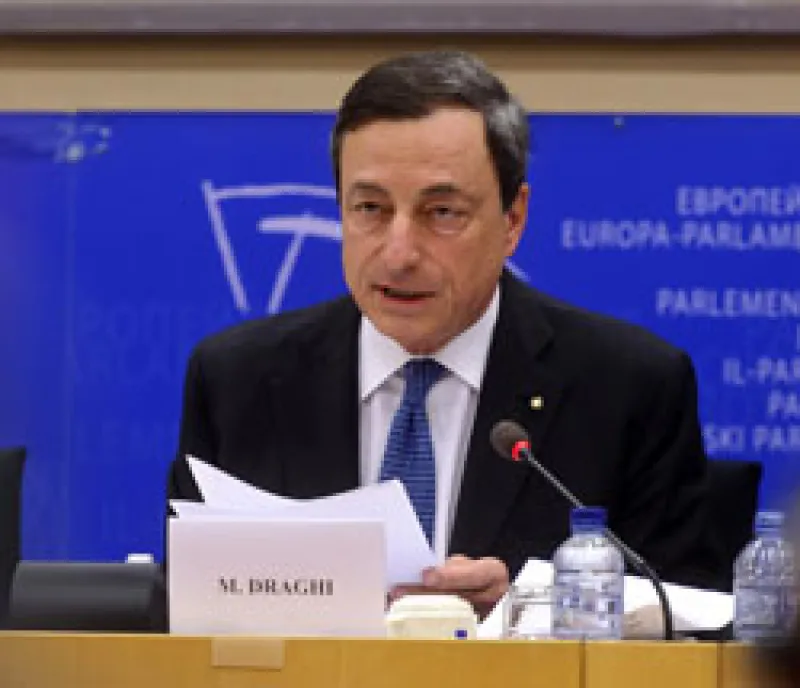
Euro Is Holding Its Own Despite Greek Debt Crisis
European finance ministers have given themselves until Monday to agree on a bailout plan for Greece. Mario Draghi, the likely next president of the ECB, may accept a plan that allows private investors to participate in the bailout. The Euro is holding up relatively well amid the chaos.
Steve Rosenbush
June 15, 2011


